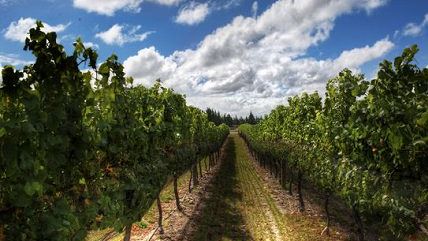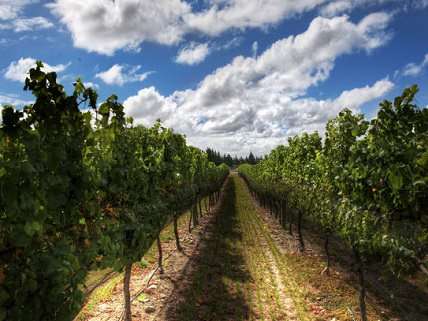New Zealand Looks to Legalizing, Regulating Synthetic Drugs
Hard drugs hard to come by out in the South Pacific


Worldwide drug prohibition has helped fuel a golden age of sorts for synthetic drugs, which are created faster than government can pass laws to ban them. New Zealand is cluing in to the futility, via the Economist:
An unlikely leader in legal highs is New Zealand. Conventional hard drugs are scarce in the country, because traffickers have little interest in serving 4m people far out in the South Pacific. Kiwis therefore make their own synthetic drugs, which they take in greater quantity than virtually anyone else. The government shuts down more crystal-meth labs there than anywhere bar America and Ukraine. But the business has adapted. First it turned to benzylpiperazine, which a third of young New Zealanders have tried. When that was banned in 2008, dealers found plenty of other chemicals to peddle. Today the most popular highs are synthetic cannabinoids, which pack a harder punch than ordinary cannabis.
Sick of trying to keep up with drugmakers, the government is trying a new tack. Last month a law was passed which offers drug designers the chance of getting official approval for their products. If they can persuade a new "Psychoactive Substances Regulatory Authority" that their pills and powders are low risk, they will be licensed to market them, whether or not they get people high. Drugs will have to undergo clinical trials, which the government expects to take around 18 months—much less than for medicines, because the drugs will be tested only for toxicity, not for efficacy. Drugs that are already banned internationally, such as cocaine and cannabis, are ineligible. Only licensed shops will sell the drugs, without advertising and not to children.
The Economist worries about New Zealand's ability to find a tax rate that will sufficiently discourage consumption without fueling the black market (good luck with that!) and whether the country will define "low risk" too high, thus effectively continuing prohibition, or too low, making it dangerous (because drugs!) But if New Zealand takes an open, consumer and producer-friendly approach to regulating synthetic drugs, it could spark a boom in the synthetic drug industry in New Zealand and make it easier to get high out in the South Pacific.


Show Comments (32)